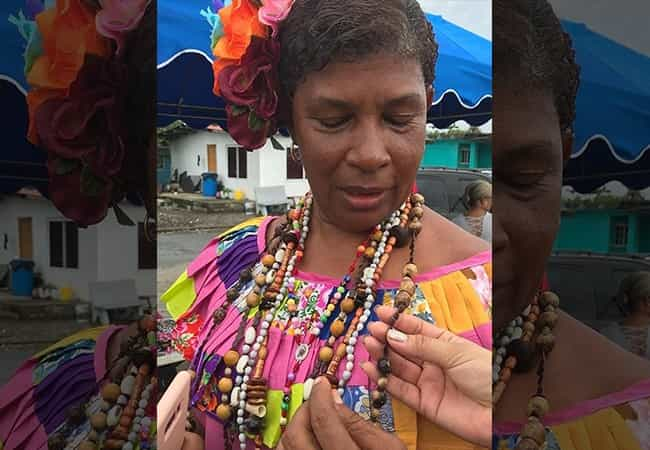Jackie Mejia writes in Mitu about the Congolese people in Panama.
The Congo Panamanian people have a long history in the Central American country. After centuries in Panama, they are now officially being recognized for their cultural contributions.
The United Nations Educational, Scientific and Cultural Organization (UNESCO), encourages the celebration and universal respect of cultures around the world. In November 2018, UNESCO declared on its official webpage that the Congo Panamanian people and their expressions/culture would be included on the Representative List of the Intangible Cultural Heritage of Humanity.
According to its website, UNESCO states “nowadays, participants play congo, celebrate their freedom, cheerfully sing about their everyday lives and perform representations and sensual dances barefoot, to communicate with the earth.”
A small snippet on the website allows users to hear an audio clip of a Congo song.
Another element of cultural significance of the Congo Panamanian people is the Congo dance of Panama, regarded as “the most unique and colorful manifestation of folklore in the province of Colon,” according to Panama City’s Casco Viejo school.
More than just a dance, it is also a way for participants to express their pain, joy and feelings of anger. The dance was brought to Panama by way of Africa from “Cimarrons,” or escaped slaves.
For the dance, women wear colorful dresses made of patchwork and the men wear pants and a fringed shirt.
If you want to see the dance performed live and in living color, head to Panama during February or March for the Festival of Diablos and Congos, as well as Carnaval.
Congo Panamanian people are some of the descendants of African slaves that were brought over to Panama from regions in Africa including Guinea, Cameroon, Congo and Angola.
This official recognization by UNESCO is another step in addressing the importance of Afro-Panamanians in Panama.
Since the 1990s, special congresses began to be formed throughout the country to address problems of the Afro-Panamanian people, as well as courses designed to study the roots of Afro-Panamanians.
Just like UNESCO, we must always take the time to pay respect to people of different cultures and appreciate the beauty of their cultural contributions, including the Congo Panamanian people.
